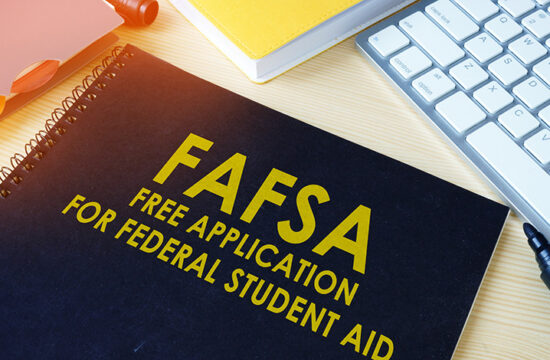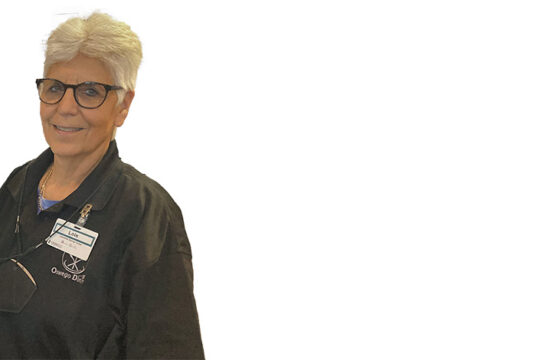By Deborah Jeanne Sergeant
You may benefit from a tutor sooner than you think. Don’t wait until you receive low grades before you seek help. Even suboptimal grades can give you reason to seek a tutor.
“If you’re getting a B, we want to help you get an A,” said Alicia King, student academic success specialist with SUNY Oswego. “We want students to come see us before they even think they need it.”
She thinks the free tutoring service is underused on campus.
It’s a free service. It’s a resource that’s underutilized.
SUNY Oswego peer tutors complete a semester-long tutor training course, bear two letters of recommendation from faculty and maintain a minimum 2.7 GPA and a B-plus in the course they tutor.
“Many of our tutors want to be teachers because they enjoy this job,” King said.
The school offers tutors for 200-level and higher courses available both at scheduled times and on a walk-in basis.
King said that struggling with homework or not understanding lectures may mean a tutor could help.
Scott Furlong, provost and vice president for academic affairs at SUNY Oswego, said that struggling to keep up with reading, problem pages or projects in the class, could also indicate a need for a tutor.
“We tell students right away that they should feel comfortable seeking the faculty and tutoring center long before they get their first exam or paper back,” Furlong said. “There’s lots of opportunity to get the help they need.”
Waiting until grades plummet may mean that it’s too late to expect high grades by the end of the semester.
“Should a student begin to falter academically, myself and my coworker, Allison Peer will coach them back into good standing via our academic probation process,” said Alicia King, student academic success specialist at SUNY Oswego.
Andrew Poole, public and media relations associate at Cayuga Community College, said that Cayuga’s “early alert system” can help students who fall behind.
“Professors can submit a form to indicate when a student might need support,” Poole said. “This could mean the student is missing classes, has low grades on early coursework, or other possible concerns.”
Once professors submit the form, Cayuga’s Centers for Student Engagement and Academic Advisement receive notice and they reach out to students to see how they can help.
Working with the Center for Academic Success, students can connect with resources to help.
Other steps to improve grades include reading over the class syllabus carefully. It may indicate the percentage of the final grade comprised by quizzes, tests, projects and papers. Perhaps you have been dedicating too much time to papers when studying for the class’ tests would boost your grade more.
Look in the syllabus for any outside reading that could help you understand the material better.
Review the guidelines for writing papers. Make sure you carefully follow them so you don’t lose points for careless mistakes. Ask a classmate to proofread your paper. Sometimes, just a fresh pair of eyes going over a paper can help you discover many mistakes to correct.
Furlong urges students to talk with their professors if they’re having problems. Faculty really do want to see students succeed and can help students connect with peer tutors and otherwise improve their grades.
Instead of contesting a poor grade with a professor, ask what you can do to learn better in the class. In addition to tutoring, extra reading, extra credit projects or additional papers may help elevate a sliding grade.












